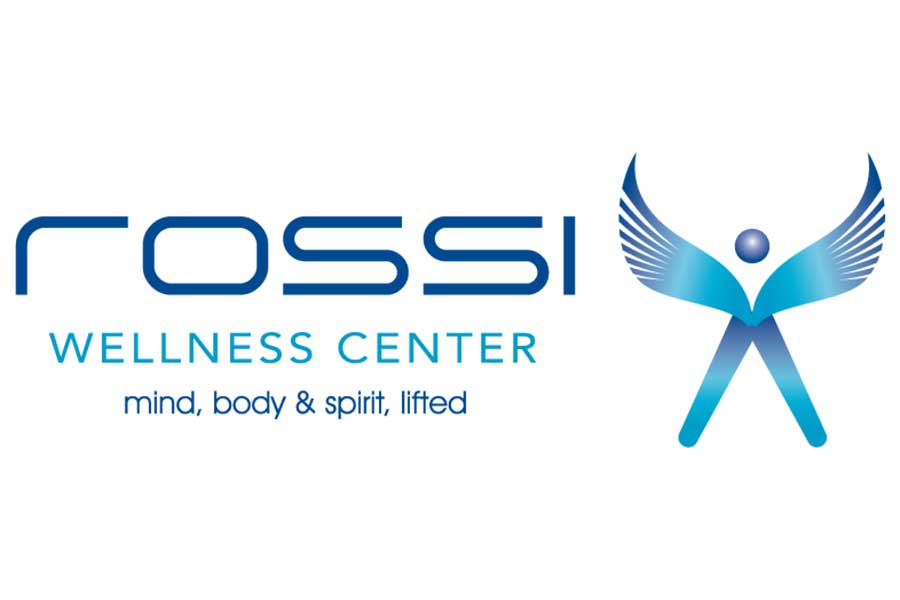Rossi Wellness Center, an LGBT-friendly medical practice in the city, is poised to implement a new fee-for-service system. The change is expected to result in the departure of about 200 patients, but it’s necessary to keep the center functioning, its owner said.
The center operates on Pine Street in Center City and provides a wide array of medical and cosmetic services. It has about 1,800 active patients.
The center’s owner, John Del Rossi, serves as a physician assistant. Dr. Richard A. Stefanic is the center’s medical director.
Under the new system, the center will be considered “out-of-network” for health-insurance purposes. Patients will pay out of pocket for services rendered during their office visits.
“After receiving a service, a patient will be given a receipt, to possibly receive reimbursement, if that service is allowed by their insurance carrier,” Del Rossi told PGN.
“Previously, a small minority of patients had a zero cost at the time of their visit,” Del Rossi added. “Under the new system, they’ll have to pay something.”
The change will decrease the amount of overhead expenses incurred by the center because it no longer will process insurance claims. Instead, patients will process their own insurance claims, Del Rossi explained.
The new system begins May 1.
“The new system will help the primary-care program remain financially viable because the other option would have been eliminating the program completely,” Del Rossi said.
He said much thought went into the process of implementing a new payment method.
“This wasn’t a decision made lightly. We had a focus group of diverse patients who we listened to, as far as what their needs and concerns were.”
Del Rossi, 51, emphasized the small, private nature of the practice.
“We’re a private mom-and-pop operation that doesn’t have the benefit of being attached to a hospital. We receive zero dollars in federal funds, grant money or donations. Our primary-care program has survived until now on payments from insurance companies, direct payments from patients and profits from our aesthetic program. We depend on payments from our patients. We just want to get out of that role of having to be the biller for the patient.”
Under the new system, the cost of an average office visit isn’t expected to exceed $100, Del Rossi said.
“It costs us $200 an hour to run the practice. We need to be billing $200 per hour to break even. Under the old system, it wasn’t possible to do that, unless we saw a patient every six to seven minutes.”
Del Rossi said most of the center’s patients won’t notice any financial strain, because they’re already paying about $100 per visit due to “deductibles” imposed by their insurers.
“Most patients will notice very little change in what they’re paying because most insurance plans now come with high deductibles,” he said.
However, about 100 patients will be noticeably impacted by the new system. They’re expected to seek alternate health-care services, Del Rossi said.
Most of the impacted patients are enrolled in HMOs, or have Medicare insurance, he said.
“An additional 100 are expected to leave, just because of dissatisfaction with the new system. It’s a new concept for them to understand. They’re not used to that.”
Del Rossi also said most of the center’s HIV-positive patients have commercial health insurance and won’t be disproportionately affected by the change.
“We horribly regret anybody leaving us,” Rossi said. “I don’t want anybody to leave. But I also don’t want to shut my business down.”
He said Rossi staffers are assisting patients with the transition.
“We’ll be doing two things. We’re going to help people understand their insurance out-of-network benefits, if they have them. Also, for those who choose to go elsewhere, we’ll help them find a new provider.”
He said patients ultimately will benefit from the new system.
“Our primary focus is to spend time with our patients, not to spend time trying to understand the intricacies of their insurance,” Del Rossi said. “Our new fee-for-service system will allow us to dedicate 100 percent of our attention during a patient’s visit to their needs. They’ll be the ones responsible for the follow-up insurance reimbursement.”
Del Rossi also said the new system actually could serve to empower patients.
“We hope the new system will empower patients to take a more active role in all aspects of their health care, including the financial part of it. It can’t fall on us to do everything because we’re not going to survive that way. We hope patients will step forward and meet us halfway.”
